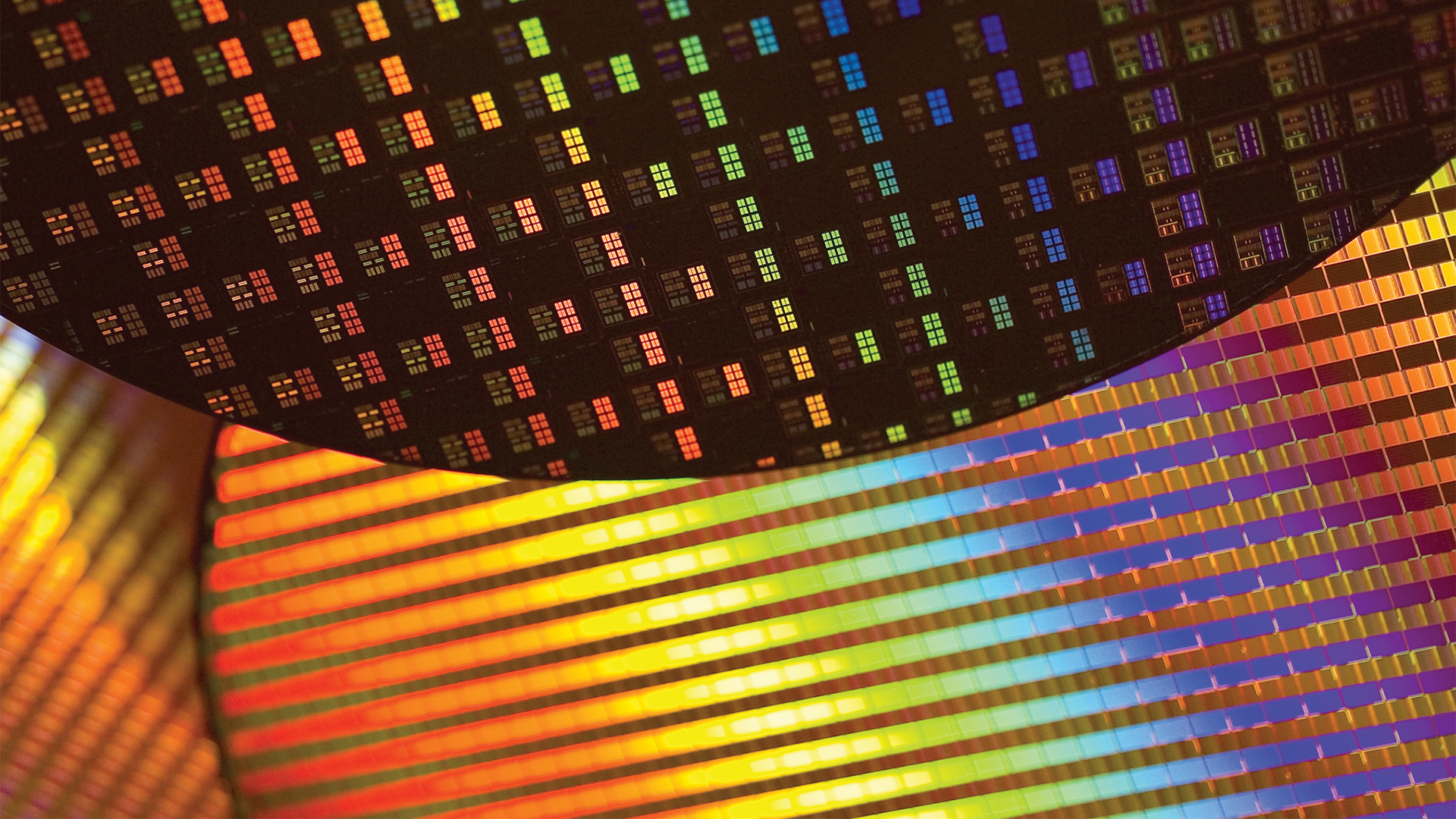CHIPs Act throws its weight behind glass packaging for chips — Biden admin invests in SK hynix affiliate
The first time the CHIPS Act is funding new technology.

The Biden administration has announced its plan to fund the development and production of glass packaging for semiconductors through the CHIPS Act. The $75 million contract was awarded to Absolics, an affiliate of the SK Group and SK hynix.
U.S. Secretary of State Gina Raimondo praised the announcement in her press statement, saying "An important part of the success of President Biden’s CHIPS program is ensuring the United States is a global leader in every part of the semiconductor supply chain, and the advanced semiconductor packaging technologies Absolics is working on will help to achieve that goal, while also creating hundreds of jobs in Georgia."
Accelerating innovation and keeping the U.S. in first place in global semiconductor innovation were major reasons for the funding, according to Raimondo, which will go to building a 120,000-square-foot facility in Covington, Georgia.
Glass substrates for chips are a very new technology to improve the efficiency and performance of microprocessors, as opposed to the organic fiberglass substrates used in today's chips. Glass packaging is extremely stable at high temperatures, resulting in better stability and heat dissipation of processors at high temperatures. Glass can be machined much flatter than organic substrates as well, while maintaining structural rigidity, and the thinner possibilities of glass substrates mean that glass chip packaging can be machined with a much higher density and complexity than organic packaging — leading to dramatic increases in performance.
Intel and Samsung have previously announced their plans to make glass packaging for chips. Intel was the first major developer to publicly begin the development of glass substrates, which it has been cooking for over a decade. Intel announced its roadmap for glass substrates in 2023, showing off a successful test product and aiming for commercial release before 2030. Samsung has been quick to muscle in on Intel's plans, however, announcing its plans to start its pilot line in the 4th quarter of 2024 and have commercial releases by 2026.
Despite the aforementioned scheduling, consumers shouldn't expect to see glass packaging in personal computing chips by this timetable. Absolics, Samsung, and Intel have all announced that they intend to put glass-built chips into high-end enterprise solutions first. Absolics CEO Jun Ruk Oh shared his hopes to put Absolics tech into defense solutions for further collaborations with the U.S. government, with Intel and Samsung sharing a much tamer line of potential consumer-grade products with glass packaging coming on an unknown timeline.
The U.S. government's funding of an SK hynix affiliate's glass substrate development is sure to ruffle feathers at Samsung, SK hynix's greatest competitor in Korean business and the memory space — though Samsung should be able to wipe its tears with its $6 billion in CHIPS Act funding. The CHIPS Act has typically been used to woo tech companies to the United States, but the Absolics deal is the first confirmed instance of CHIPS Act money going to fund innovation in tech. The government hopes to follow this with funding research in Digital Twins, a new machine learning application for manufacturing.
Get Tom's Hardware's best news and in-depth reviews, straight to your inbox.

Sunny Grimm is a contributing writer for Tom's Hardware. He has been building and breaking computers since 2017, serving as the resident youngster at Tom's. From APUs to RGB, Sunny has a handle on all the latest tech news.
-
Air2004 Solyndra at least had a product lol ....just when you think they can't get any worse ( steps forth a new challenger)Reply